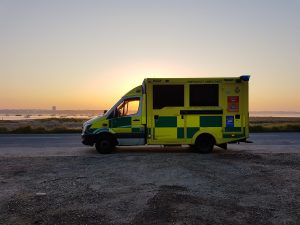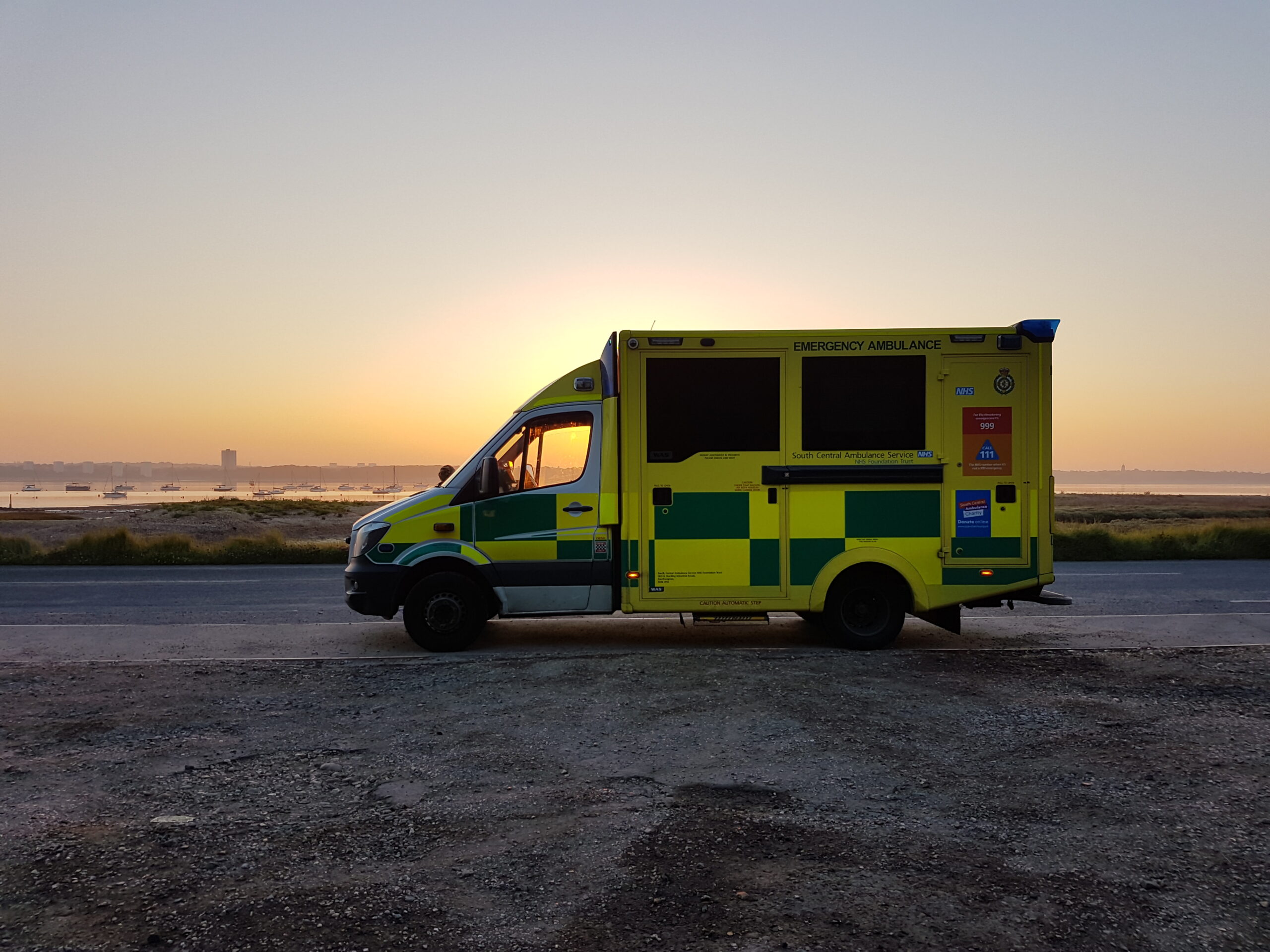Thanks to the hard work and dedication of all its staff and volunteers working over the busy Christmas and New Year period, South Central Ambulance Service NHS Foundation Trust (SCAS) is delighted to announce that it met all its national response time targets in the two-week period from ‘Black Friday’, 20 December 2019 to 2 January, 2020.
This means that all patient emergencies received by SCAS’ clinical co-ordination centres in Bicester, Oxfordshire, and Otterbourne, Hampshire – whether triaged as a Category 1 life-threatening emergency or a Category 4 less urgent emergency – received an ambulance response within the timescales set out by NHS England that all ambulance services are measured by.
Mark Ainsworth, Director of Operations at South Central Ambulance Service NHS Foundation Trust, said:
“The Christmas and New Year fortnight is an exceptionally busy time for all emergency services and I’m delighted that we were able to continue to deliver excellent clinical care both in person and over the phone, and a responsive and appropriate service to all those patients who called 999 during these two weeks.

As well as passing on my gratitude to our staff working in our clinical co-ordination centres and on the road, we also received fantastic support right across the South Central area from our volunteer community first responders and co-responders from local fire and rescue services, police services and military personnel.”
Will Hancock, Chief Executive at South Central Ambulance Service NHS Foundation Trust, added:
“I’d like to thank all our staff and volunteers for working so hard all year round, and particularly over the Christmas and New Year season when they are away from their families. Despite an increase in demand for our 999 service compared to 12 months ago, the dedication, professionalism and commitment over the last two weeks has delivered these fantastic results at the busiest time of the year.
I would also like to thank members of the public across our region for continuing to use NHS 111, urgent treatment centres, their local GP surgery and pharmacies for minor injuries and illnesses. This really helps ensure that we can respond quickly to the most serious and life-threatening emergencies via our 999 service whenever and wherever they happen in our region.”

